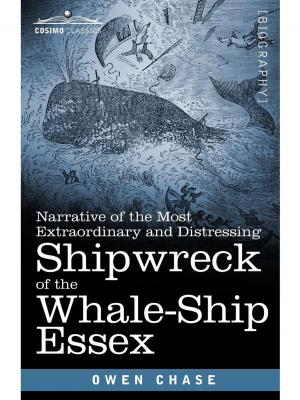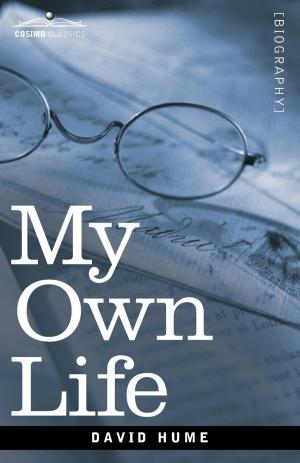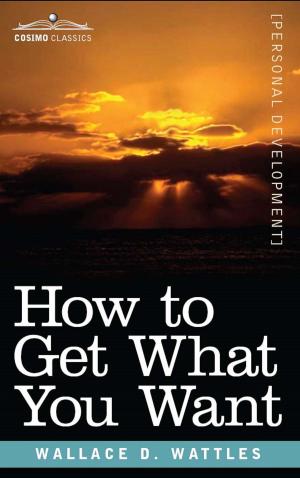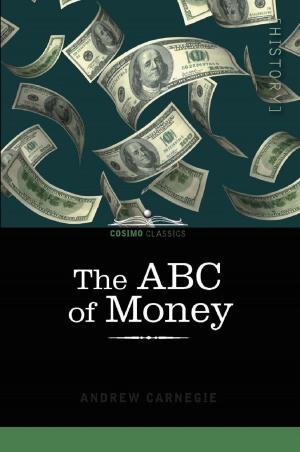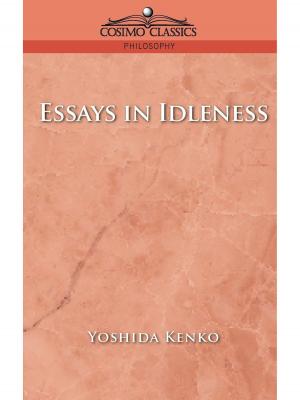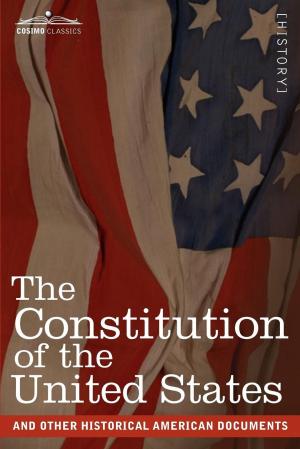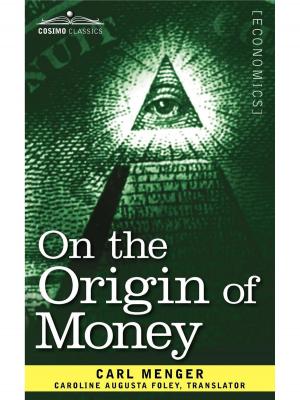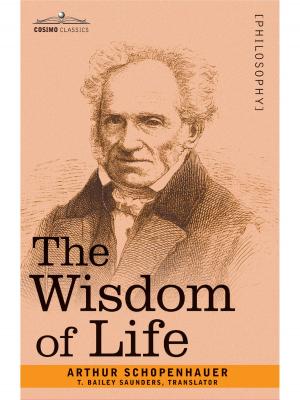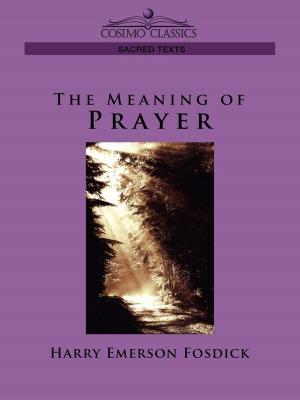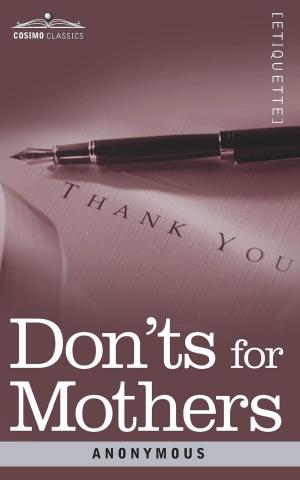Cartesian Economics
The Bearing of Physical Science Upon State Stewardship
Business & Finance, Economics, Macroeconomics, Nonfiction, Social & Cultural Studies, Political Science, Politics, Economic Conditions, Theory of Economics| Author: | Frederick Soddy | ISBN: | 9781616409685 |
| Publisher: | Cosimo Classics | Publication: | December 14, 2015 |
| Imprint: | Cosimo Classics | Language: | English |
| Author: | Frederick Soddy |
| ISBN: | 9781616409685 |
| Publisher: | Cosimo Classics |
| Publication: | December 14, 2015 |
| Imprint: | Cosimo Classics |
| Language: | English |
Cartesian Economics, The Bearing of Physical Science upon State Stewardship is a compilation of two lectures given by Frederick Soddy to the student unions of Birbeck College and the London School of Economics. The lectures were the first of four works written between 1921 and 1934 that applied the concepts of hard science to the economy. Though Soddy's ideas were largely rejected at the time, much of his theories are rooted in real-world examples and mirrored in other aspects of life-like the laws of thermodynamics. Soddy's main arguments are against the concepts of debt and wealth. He likens the economy to a machine, which must draw energy from outside itself and which cannot forever recycle that energy to create more energy. Similarly, economists posited that debt could produce more wealth, and thus fuel an economy. Soddy argued instead that debt destroyed wealth, eating it up until there was more debt in a society than wealth, making it unsustainable. These lectures are poignant, and highly applicable to the economic situation at the beginning of the 21st century. They will interest burgeoning and seasoned economists yearning for a new perspective.
Cartesian Economics, The Bearing of Physical Science upon State Stewardship is a compilation of two lectures given by Frederick Soddy to the student unions of Birbeck College and the London School of Economics. The lectures were the first of four works written between 1921 and 1934 that applied the concepts of hard science to the economy. Though Soddy's ideas were largely rejected at the time, much of his theories are rooted in real-world examples and mirrored in other aspects of life-like the laws of thermodynamics. Soddy's main arguments are against the concepts of debt and wealth. He likens the economy to a machine, which must draw energy from outside itself and which cannot forever recycle that energy to create more energy. Similarly, economists posited that debt could produce more wealth, and thus fuel an economy. Soddy argued instead that debt destroyed wealth, eating it up until there was more debt in a society than wealth, making it unsustainable. These lectures are poignant, and highly applicable to the economic situation at the beginning of the 21st century. They will interest burgeoning and seasoned economists yearning for a new perspective.



